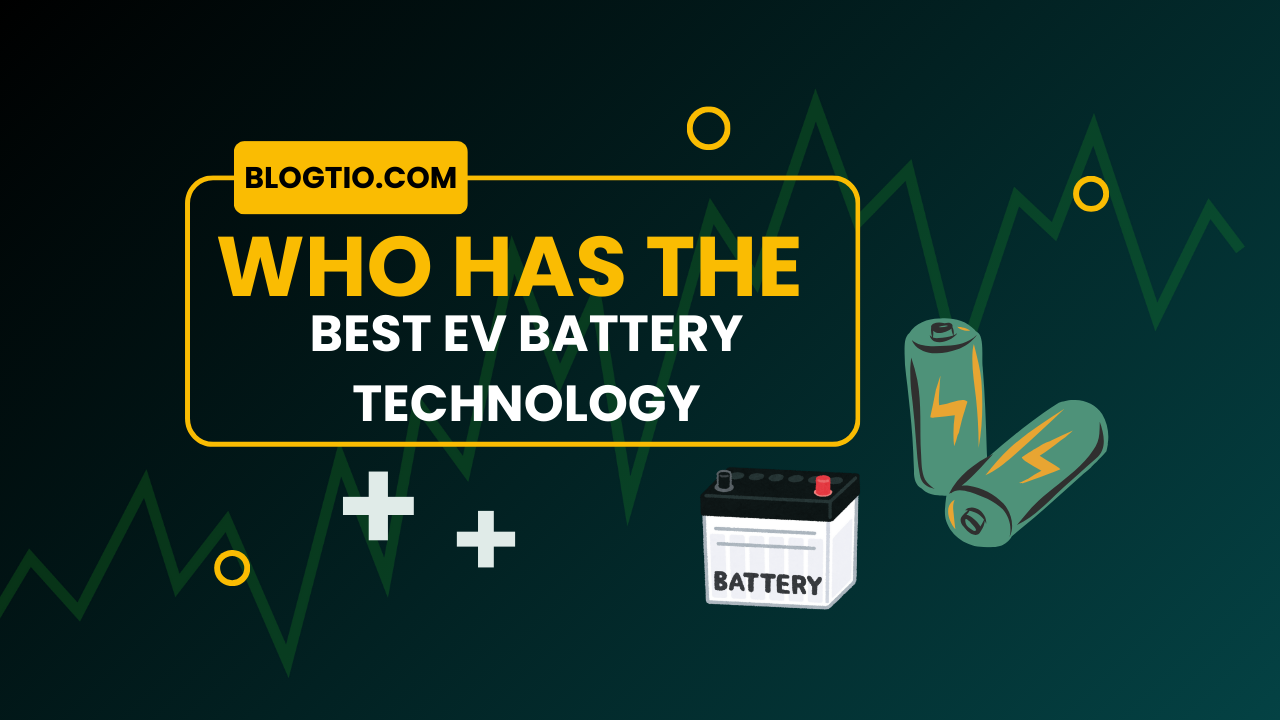Who has the Best EV Battery Technology As I explore into the world of electric vehicles, I’m constantly asked by friends and family: “What’s the best EV battery technology out there?” It’s a question that’s both crucial and complex, considering the rapid advancements in this field. With range anxiety being a major concern for many potential buyers, understanding who’s leading the charge (pun intended) is vital. In this post, I’ll break down the top players in the EV battery market, exploring their strengths, weaknesses, and what it means for your next car purchase. Let’s dive in and find out who’s got the best juice!
Table of Contents
Key Takeaways:
When considering electric vehicles (EVs), the battery is the heart of the operation. The technology behind EV batteries has been rapidly advancing in recent years, with various companies vying for dominance. Here are the top 5 key takeaways on who has the best EV battery technology:
- Tesla’s Vertical Integration: Tesla is widely considered to have one of the most advanced EV battery technologies. Their secret sauce lies in their vertical integration, where they design and manufacture their own batteries in-house. This allows them to optimize every aspect of the battery, from chemistry to packaging, resulting in industry-leading range and performance.
- LG Chem’s Diverse Portfolio: LG Chem is a leading EV battery supplier, providing batteries to a wide range of automakers, including General Motors, Ford, and Hyundai/Kia. Their diverse portfolio of battery chemistries, including NCM, NCA, and LFP, allows them to cater to different customer needs and preferences.
- Contemporary Amperex Technology’s (CATL) Scale and Cost Advantage: CATL is the largest EV battery manufacturer in terms of installed capacity, and their massive scale gives them a significant cost advantage. They’ve been able to drive down costs through economies of scale, making them an attractive option for automakers looking to reduce their EV production costs.
- BYD’s In-House Battery Technology: BYD, a Chinese automaker, has developed its own in-house battery technology, which has enabled them to achieve impressive range and performance in their EVs. Their proprietary battery management system and cell design allow for faster charging and longer lifetimes.
- Solid-State Battery Innovators: Companies like Solid Power, Factorial Energy, and QuantumScape are pushing the boundaries of EV battery technology with their solid-state battery innovations. By replacing the liquid electrolyte with a solid material, they’re promising even greater range, safety, and charging speeds. While still in the development phase, these startups have the potential to disrupt the EV battery landscape in the coming years.
These key takeaways highlight the unique strengths and advantages of each company, showcasing the diversity and innovation in the EV battery technology space. As the industry continues to evolve, we can expect even more exciting developments and advancements in the years to come.
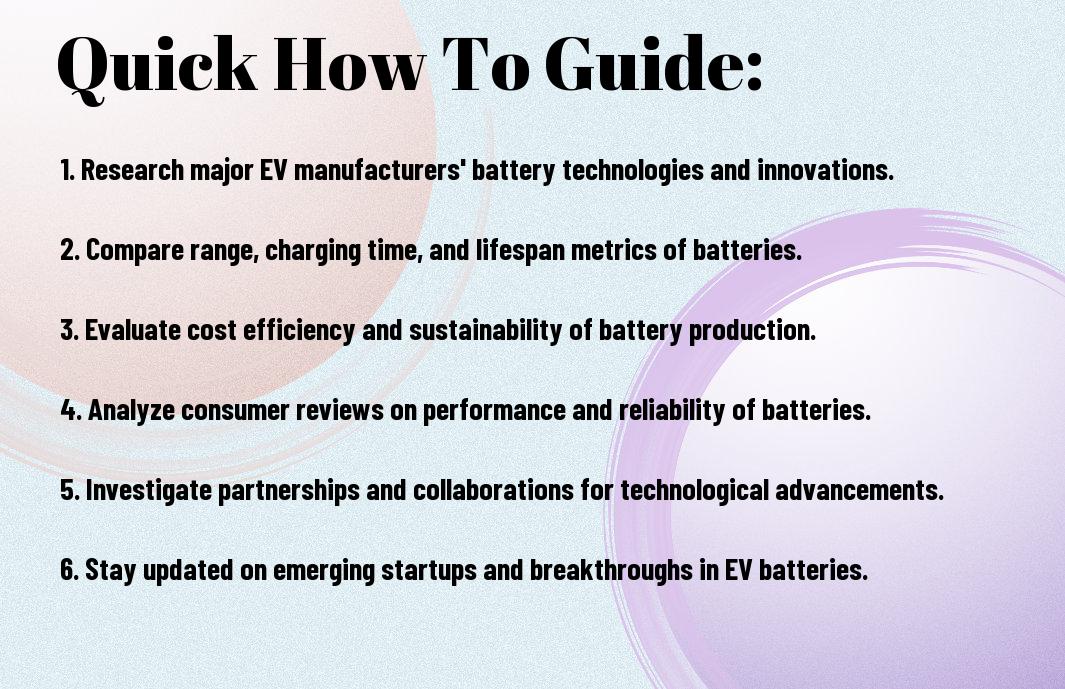
How to Evaluate EV Battery Technology
To make an informed decision about the best EV battery technology, I’ve learned that it’s necessary to understand the key factors that impact performance, range, and overall efficiency.
Tips for Understanding Battery Chemistry
Understanding the intricacies of battery chemistry can be daunting, but it’s crucial to grasp the basics. To demystify the process, I focus on the following key aspects:
- Lithium-ion vs. solid-state batteries: Which type offers better energy density, safety, and charging speed?
- Cathode and anode materials: How do they impact battery life, range, and overall performance?
- Electrolyte composition: What role does it play in thermal management, safety, and charging efficiency?
Assume that a deeper understanding of battery chemistry will help you make a more informed decision when choosing an EV.
Factors to Consider for Range and Performance
Understanding the factors that influence an EV’s range and performance is vital. I consider the following key aspects:
- Battery capacity and energy density: How do they impact range, charging time, and overall efficiency?
- Motor type and power output: What role do they play in acceleration, top speed, and energy consumption?
- Thermal management systems: How do they affect battery health, range, and overall performance?
After considering these factors, I can better evaluate an EV’s range and performance capabilities.
Technology advancements have significantly improved EV range and performance. For instance, Tesla’s 4680 battery cells boast increased energy density, allowing for longer ranges and faster charging times. Similarly, BMW’s fifth-generation eDrive technology features a more efficient electric motor, resulting in improved acceleration and reduced energy consumption. By understanding these advancements, I can make a more informed decision when choosing an EV.
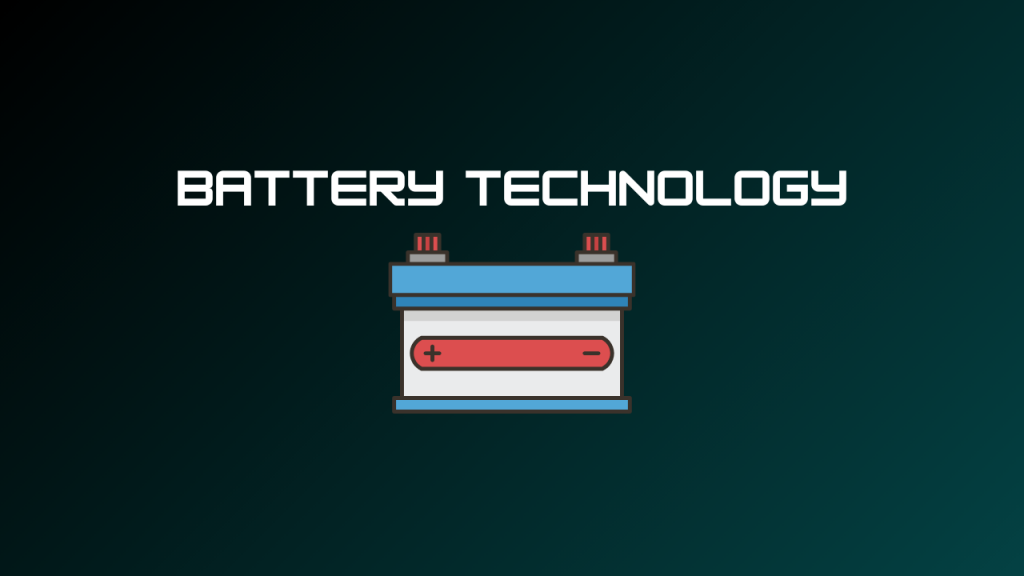
Who’s Leading the Charge in EV Battery Innovation
You may be wondering who’s driving the innovation in EV battery technology. As I research into the world of electric vehicles, I’ve discovered that it’s a mix of established players and emerging companies that are pushing the boundaries of what’s possible.
Top Players in the Industry
Industry giants like LG Chem, Panasonic, and Contemporary Amperex Technology (CATL) are leading the charge in EV battery innovation. These companies have invested heavily in research and development, and their advancements are paving the way for more efficient, cost-effective, and sustainable batteries. LG Chem, for instance, has developed a battery with an impressive energy density of 300 Wh/kg, making it a leader in the industry.
Emerging Companies to Watch
Now, new players are entering the scene, bringing fresh ideas and innovative approaches to the table. Companies like Solid Power, Factorial Energy, and QuantumScape are making waves with their solid-state battery technology, which promises to be safer, more efficient, and potentially game-changing for the industry.
Companies like these are not only pushing the boundaries of what’s possible with EV battery technology but are also tackling some of the biggest challenges facing the industry. For instance, Solid Power’s solid-state batteries aim to eliminate the risk of thermal runaway, a major concern for EV manufacturers. With their innovative approach, these emerging companies are poised to make a significant impact on the future of EVs.
How to Choose the Best EV Battery for Your Needs
Now that we’ve explored the top EV battery technologies, it’s time to determine which one is right for me – and for you. Choosing the best EV battery depends on several factors, including your driving habits, budget, and personal preferences.
Assessing Your Driving Habits and Requirements
Evaluating my daily driving routine is crucial in selecting the ideal EV battery. I need to consider how far I drive daily, whether I have access to charging stations, and if I need to charge my vehicle quickly. By understanding my requirements, I can narrow down the options and focus on batteries that cater to my specific needs.
Balancing Cost and Performance
Battery cost and performance are intertwined, and finding the right balance is important. As I weigh my options, I must consider whether I’m willing to pay a premium for a high-performance battery or opt for a more affordable alternative that still meets my needs.
Driving long distances regularly? Then, I may need to prioritize a battery with a higher range and faster charging capabilities, even if it means a higher upfront cost. On the other hand, if I’m a city dweller with a short commute, a more affordable battery with a lower range might be sufficient. It’s important to strike a balance between cost and performance to ensure I get the most value out of my EV battery.
Bear in mind, choosing the best EV battery is a personal decision that depends on your unique circumstances. By assessing your driving habits and balancing cost and performance, you’ll be well on your way to finding the perfect battery for your needs.
To wrap up
Ultimately, after digging into the world of EV battery technology, I believe that the best battery tech is still a matter of personal preference and specific needs. While Tesla’s batteries are hard to beat in terms of range and performance, other companies like LG Chem and Panasonic offer impressive energy density and cost-effectiveness. As you weigh your options, consider your priorities: do you need the longest range possible, or are you looking for a more affordable solution? Whatever your choice, rest assured that the future of EVs is bright – and battery technology will only continue to improve.
FAQ
Q: Which company is currently leading the EV battery technology race?
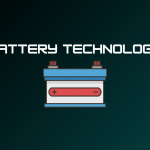
A: As of now, Tesla is widely considered to be at the forefront of EV battery technology. Their batteries boast an impressive energy density of around 250 Wh/kg, which allows their vehicles to achieve remarkable ranges of up to 373 miles on a single charge. Tesla’s innovative approach to battery design, manufacturing, and software integration has enabled them to stay ahead of the competition. However, other companies like LG Chem, Panasonic, and CATL are hot on their heels, investing heavily in research and development to catch up.
Q: What makes a good EV battery, and how do different manufacturers compare?
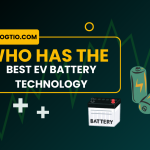
A: A good EV battery should have a high energy density, long cycle life, rapid charging capabilities, and low production costs. Different manufacturers excel in various areas. For instance, LG Chem’s batteries are known for their high energy density, while Panasonic’s batteries are renowned for their exceptional thermal management. CATL, on the other hand, has made significant strides in reducing production costs. Tesla’s batteries stand out due to their seamless integration with the company’s software and vehicle design. Ultimately, the best battery technology is a delicate balance of these factors, and each manufacturer has its strengths and weaknesses.
Q: How do solid-state batteries fit into the EV battery technology landscape, and which companies are leading the charge?

A: Solid-state batteries (SSBs) represent the next generation of EV battery technology, promising even greater energy density, faster charging, and improved safety. Companies like Toyota, Volkswagen, and Fisker are investing heavily in SSB research and development. Toyota, in particular, has made significant breakthroughs, with plans to commercialize SSBs by the mid-2020s. Other startups like QuantumScape and Factorial Energy are also making rapid progress. While SSBs are still in the development phase, they have the potential to revolutionize the EV industry and further accelerate the transition to sustainable transportation.

